An FIR has been filed against four students from Aligarh Muslim University (AMU) who participated in a pro-Palestine march amid the Israel-Hamas conflict, which has been ongoing and causing significant turmoil in the region. In addition to the named students, the FIR also encompasses several unidentified individuals who were part of the same march. The students mentioned in the FIR include Khalid, Kamran, Naved Choudhary, and Aatif, who are now facing legal consequences for their involvement. The case was registered following the viral spread of a video capturing the pro-Palestine march on various social media platforms. It’s noted that the march was conducted without prior authorisation or permission.
The FIR invokes Sections 155A, 188, and 505 of the Indian Penal Code, indicating potential charges related to hatred and enmity between different communities. The AMU administration has announced its intent to take strict legal action against the involved students and any others linked to the march, emphasising the importance of adhering to the law. The backdrop for this FIR is the ongoing Israel-Hamas conflict, which commenced with a surprise attack by Hamas on Israel, including infiltrations into Israeli towns and the tragic loss of citizens. In retaliation, Israel initiated ‘Operation Iron Swords’. This conflict has resulted in a significant loss of life, with casualties reported on both sides, surpassing 1,100 individuals in total. Additionally, there have been hostage situations, including foreign citizens held by Hamas, adding complexity to the situation.
Further, Hamas issued a call for mass rallies, which were to be held last Friday, rallying support for its ongoing conflict with Israel. This call spanned across multiple regions, including the West Bank, Jerusalem, and the broader Arab and Muslim world. Within the West Bank, Hamas is actively encouraging young Palestinians to rise and confront both settlers and soldiers as the situation escalates. Beyond the immediate conflict zones, Hamas is also making a global appeal. Palestinians in the diaspora and the wider Arab and Islamic world are called upon to show solidarity and unite against Israeli initiatives aimed at altering the character of Jerusalem and Al-Aqsa. India is bracing for riot-like situations and stone-pelting, a usual occurrence every time something of significance occurs regarding the global Muslim world, be it the Rushdie Affair or Charlie Hebdo massacres or religious festivals taken out by Hindus past Muslim-dominated areas, like the Nuh violence recently.
Fridays have become a day of heightened global attention regarding Muslim outrage and disruption. This phenomenon often includes protests, rallies, and sometimes even violence in various parts of the world. Fridays hold profound religious significance in Islam. They are considered the holiest day of the week, often referred to as Jumu’ah or the “Day of Congregation”. Muslims are required to attend the Friday prayer, known as Salat al-Jumu’ah, which is a congregational prayer held at midday. During this prayer, an Imam delivers a sermon, also known as Khutbah, addressing various issues, including moral, ethical, and political matters.
Quick Reads
View AllThe Friday congregational prayer provides an ideal platform for religious leaders and Imams to address large gatherings of worshippers. It is during these sermons that issues of local, national, and global significance are often raised, leading to discussions that can sometimes escalate to outrage. Imams play a crucial role in influencing the perspectives and emotions of their congregations, and their messages can have a profound impact on the mood of the community. Fridays are also conducive to political mobilisation and protests. In many Muslim-majority countries, Friday is a designated day for public demonstrations and rallies, as it allows people to gather without disrupting work or daily routines. Political parties, activists, and opposition groups often use this opportunity to express their discontent with governments, policies, or social issues. The religious fervour of Friday prayers can serve as a catalyst for political rallying, leading to large-scale protests.
Fridays often become focal points for global issues that resonate with Muslims around the world. International events, crises, and conflicts can trigger solidarity movements and protests among Muslim communities. When issues like the Palestinian-Israeli conflict, the Rohingya crisis, or the situation in Kashmir gain prominence, they often lead to mass demonstrations on Fridays, reflecting the global nature of these concerns. The advent of social media has played a significant role in amplifying Muslim outrage and disruption on Fridays. Platforms like X (formerly Twitter), Facebook, Instagram, TikTok and YouTube enable the rapid spread of information, images, and videos, making it easier for activists and protestors to coordinate and disseminate their messages. Social media provides a global stage for Muslims to express their grievances, leading to coordinated efforts and international attention.
There are historical precedents for the association between Fridays and Muslim outrage. Notable events, such as the 2011 Arab Spring uprisings, the 1989 Salman Rushdie fatwa, and the publication of controversial cartoons of the Prophet Muhammad by French satire magazine Charlie Hebdo, all had Fridays as significant days for protests and demonstrations. These events have contributed to the perception that Fridays are suitable for expressing outrage and demanding change. Extremist elements within the Muslim community, generally activists with agendas in the garb of fact checkers have also played a role in the association between Fridays and outrage. Radical groups may exploit the religious significance of the day to advance their extremist agendas. They often use the Friday sermon to disseminate their ideologies and recruit followers, leading to acts of violence or disruption.
Fridays have been subverted from religious devotion and congregation for the vast majority of Muslims, to becoming a designated day for expressing discontent, mobilising political protests, and standing in solidarity with global causes. So understanding the multifaceted nature of this phenomenon is essential for policymakers, religious leaders, and communities across India to address grievances and promote peaceful solutions to the issues that lead to outrage and disruption on Fridays.
The author is a writer and an educationist from Srinagar. Views expressed in the above piece are personal and solely that of the author. They do not necessarily reflect Firstpost_’s views._
Read all the
Latest News,
Trending News,
Cricket News,
Bollywood News,
India News and
Entertainment News here. Follow us on
Facebook,
Twitter and
Instagram.


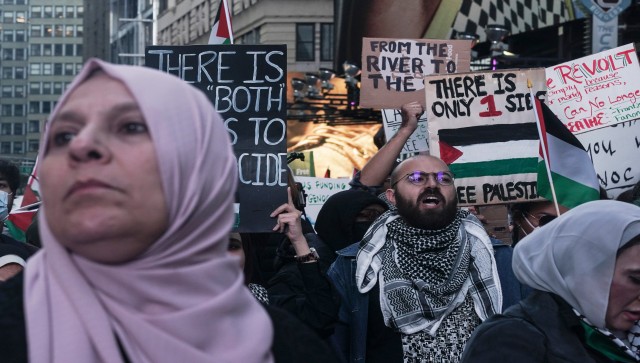)
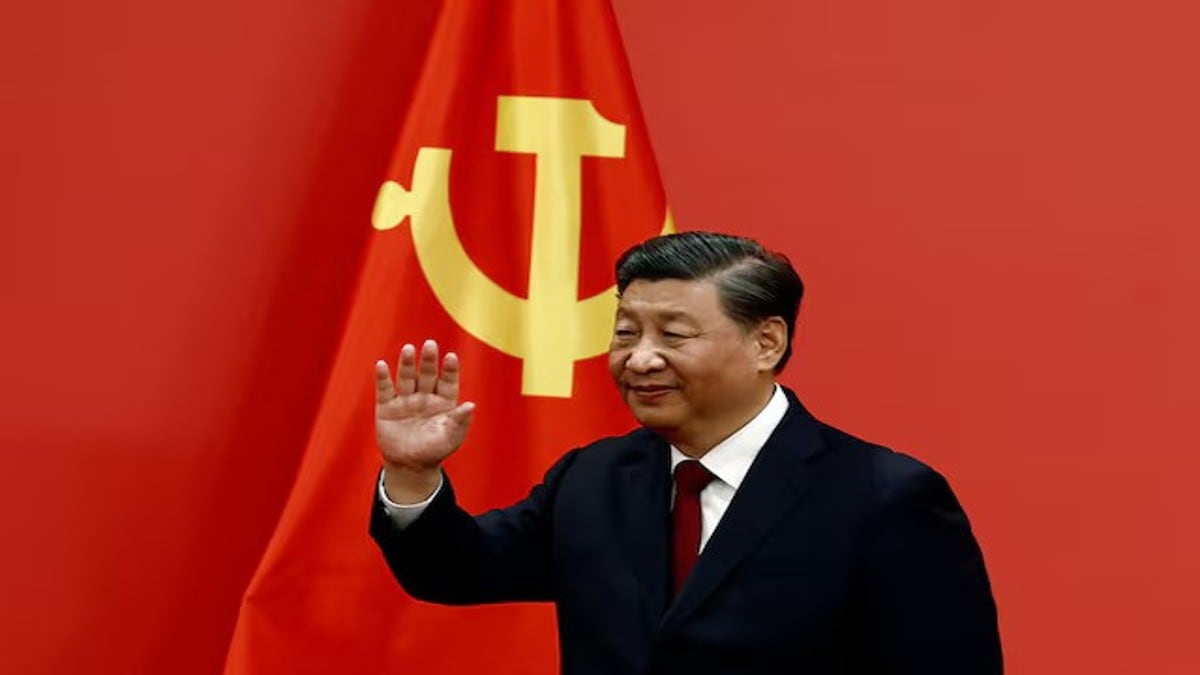
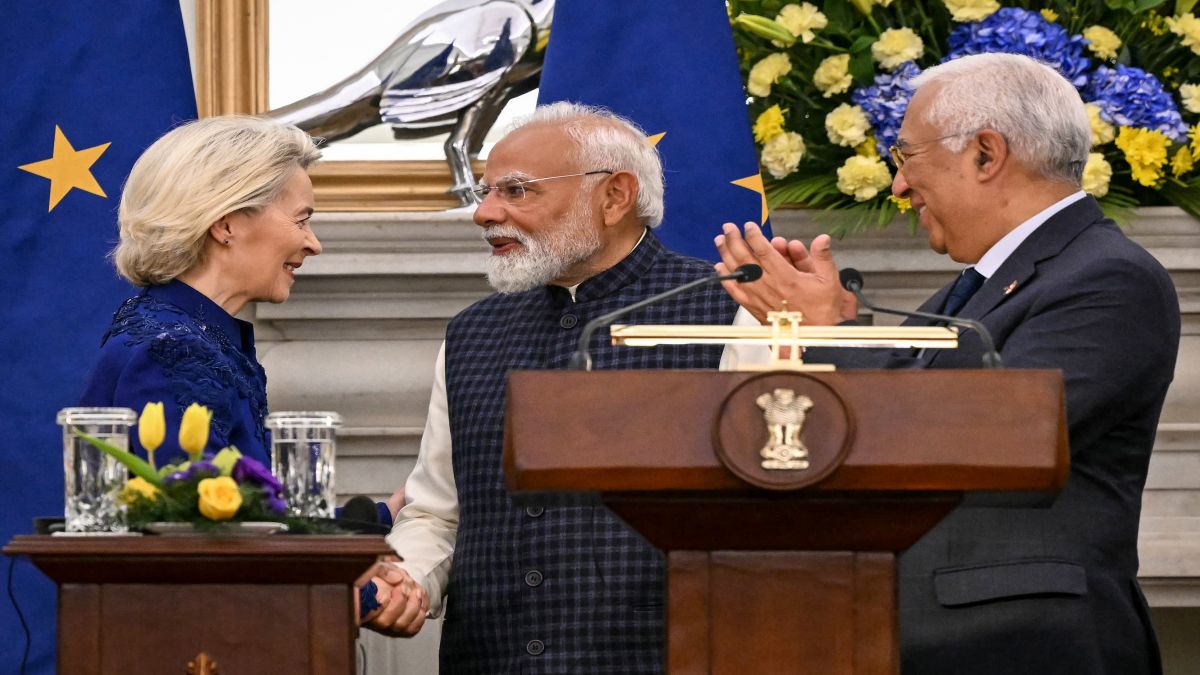)
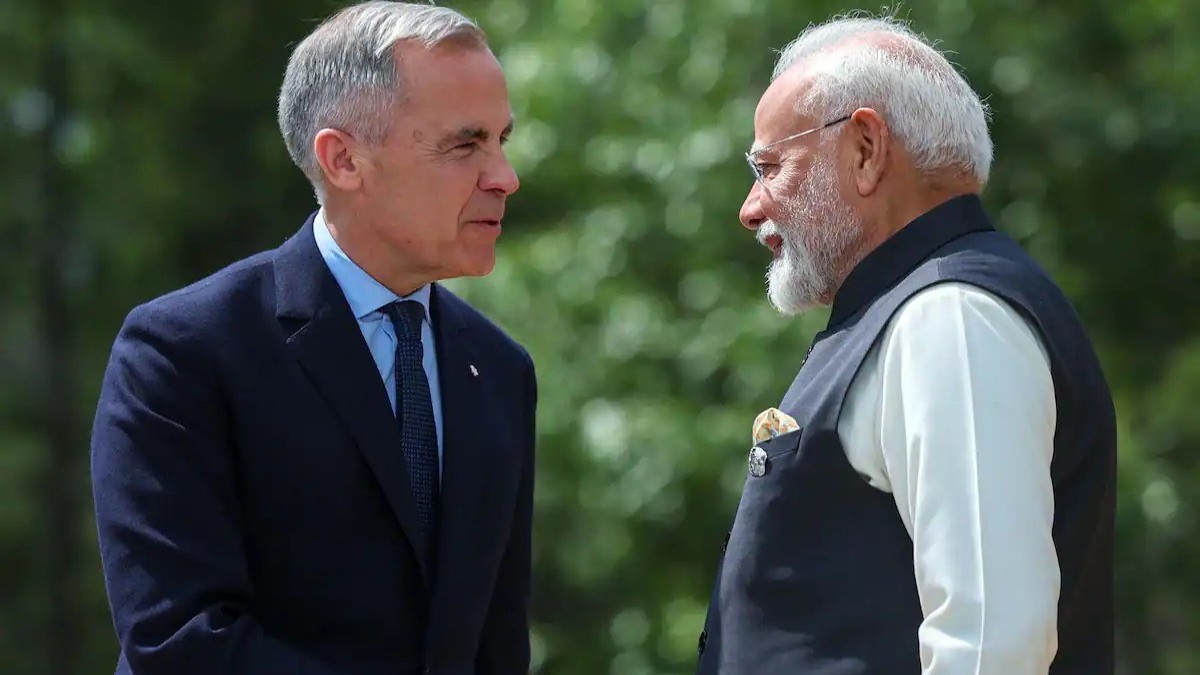)
)
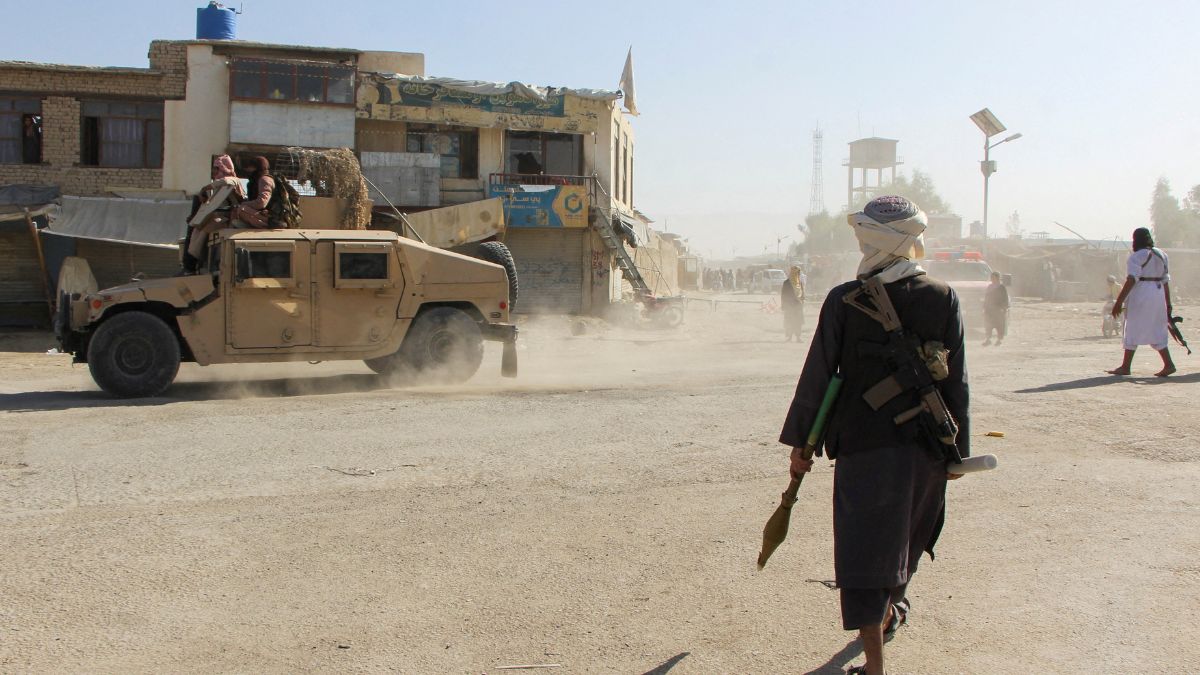)
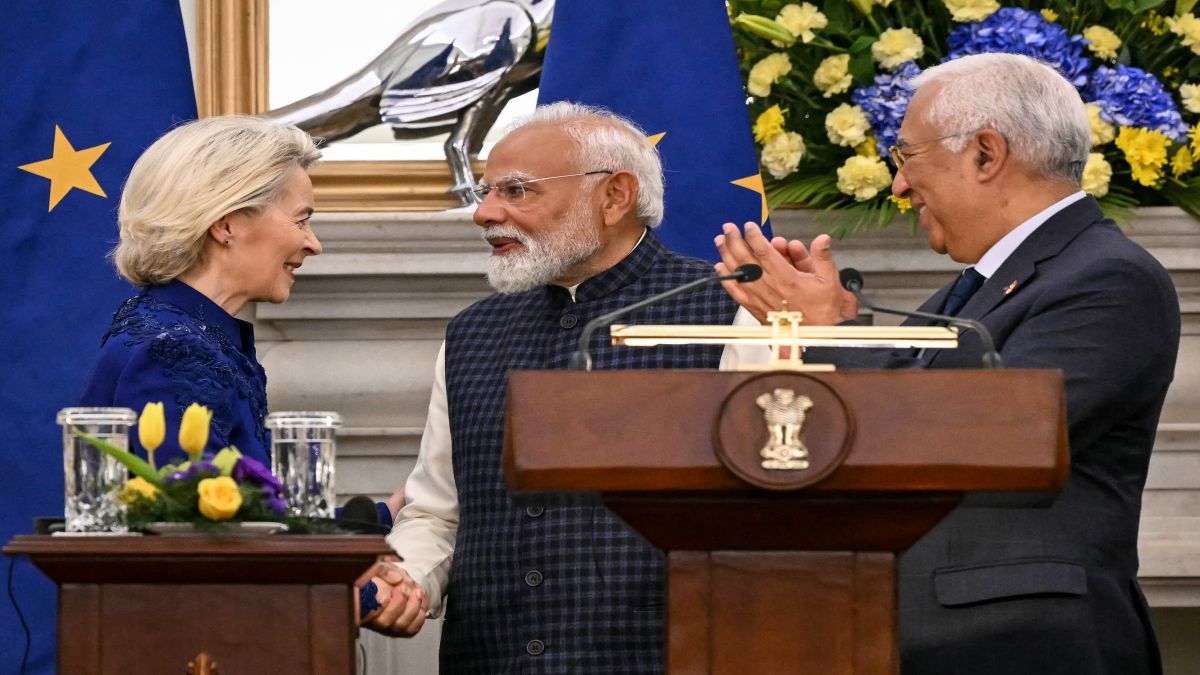)
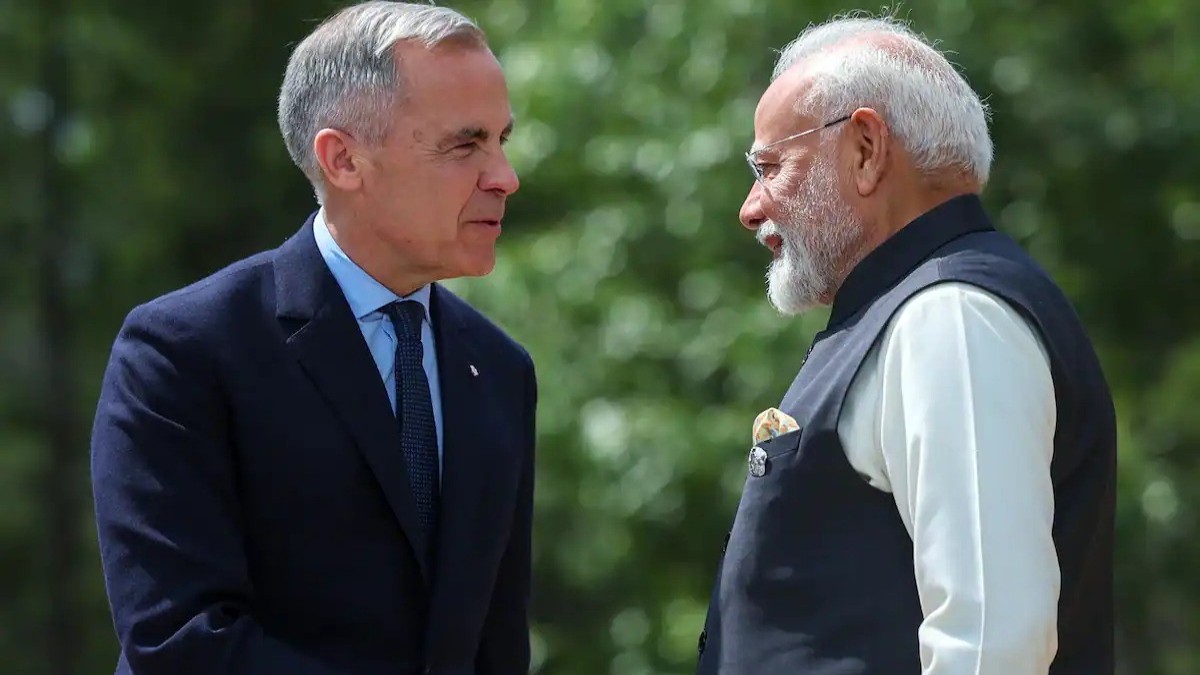)
)
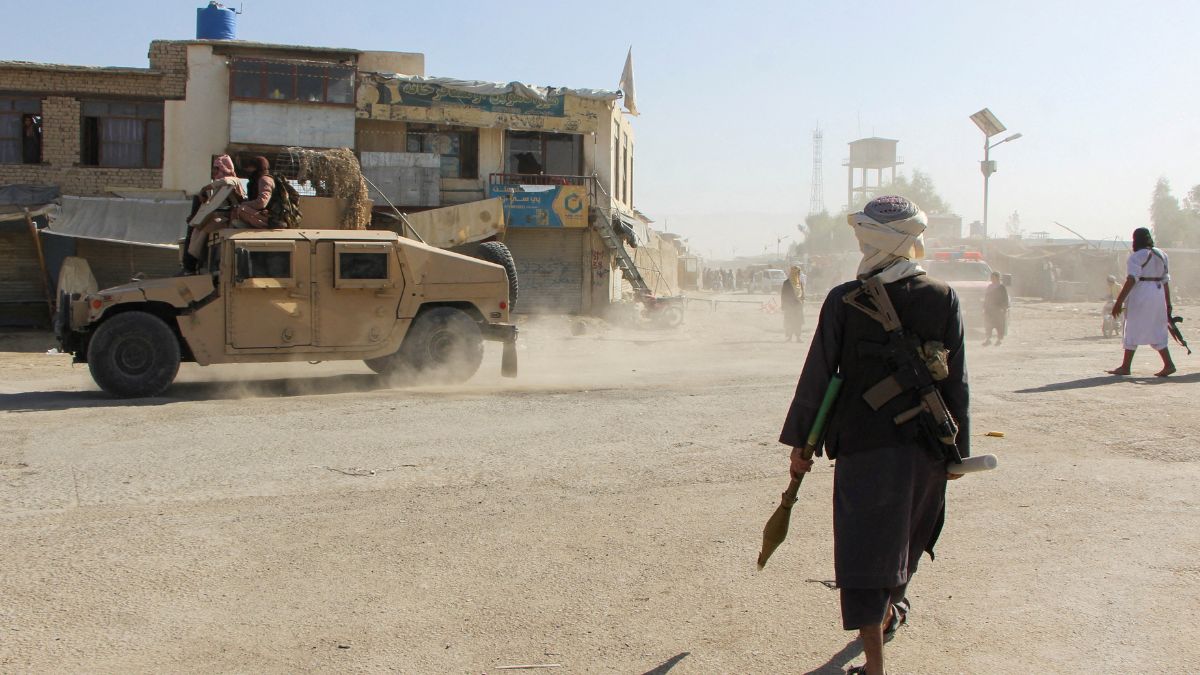)



